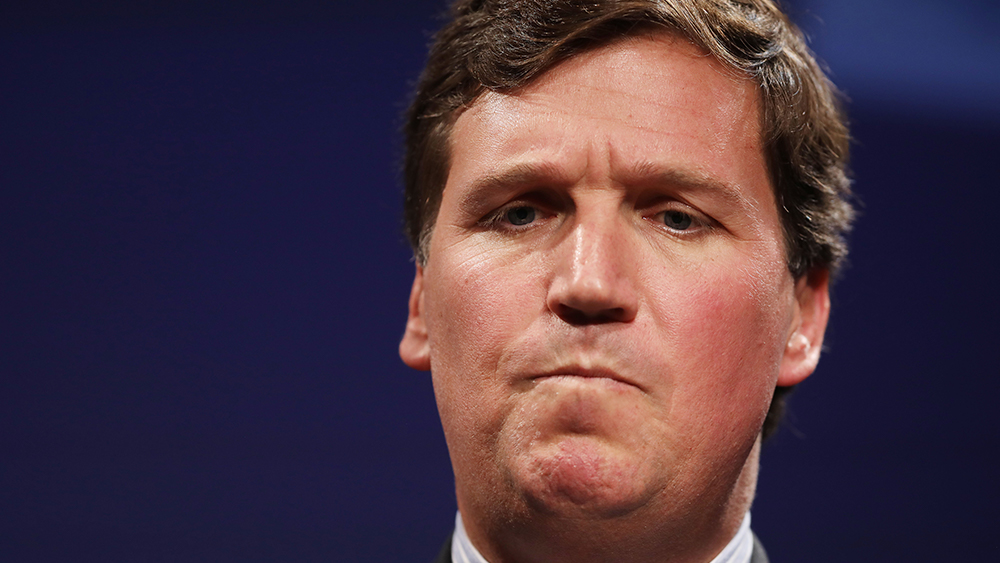
After blocking retail investors from purchasing any more GameStop (GME) stock last week, the Robinhood trading app was caught funneling nearly $700 million into its coffers from the sale of private user data to wealthy hedge funds.
As GME share prices rose to nearly $500 a piece last week, Robinhood blatantly interfered with the markets on behalf of Melvin Capital Management to prevent a full-scale short squeeze. The partial squeeze that did occur resulted in Melvin losing more than half of its $12.5 billion portfolio in January.
Recognizing that Melvin and others had shorted 140 percent of GME's existing shares based on the assumption that their value would eventually decrease, retail investors swooped in to buy up the stock in order to prevent that from happening – which is perfectly legal.
What Melvin and other hedge funds had done was questionable at best, and possibly even illegal since shorting more than the number of shares available constitutes market manipulation. And Robinhood was complicit in the scam, as it screwed over its own users to try to protect Melvin and the hedge funds.
In a statement, Robinhood claimed that it halted all further buying of GME shares to meet clearinghouse deposit requirements. The company rejects all allegations that it tried to stop users from trading, even though it just so happened to help Melvin and the other hedge funds.
Since that time, retail investors have filed a class action lawsuit against Robinhood alleging that the company's "actions were done purposely and knowingly to manipulate the market for the benefit of people and financial institutions who were not Robinhood users."
Robinhood is a scam and its executives are crooked
While there typically is not much good to say about him, CNN's Chris Cuomo grilled Robinhood CEO Vlad Tenev over the matter, noting that the decision to block all further buying of GME shares came immediately after Melvin and the other hedge funds started to lose money from the short squeeze.
"This looks like a move by an outfit called Robinhood, which is supposed to be taking from the rich and giving to the poor, and doing exactly the opposite," Cuomo is quoted as saying.
While Robinhood has long branded itself as an accessible platform that provides free financial services for the little guy, its entire business model is questionable. Rather than "democratize finance for all," as its company mission claims, Robinhood appears to be a Trojan Horse that exists to screw over the little guy while making the wealthy even wealthier.
The latest quarterly revenue data provided by The Box reveals that Robinhood earned about $675 million in revenue from payments for order flow.
"Trades may be commission free for Robinhood users but they are actually sold to 'market makers' that often used their position as the middle man to generate profit," reports the Daily Caller.
"Most of these 'market makers' are hedge funds or other institutional investors that financially benefit from more trade and market volatility."
Back in December before the GME saga, Robinhood was fined $65 million by the Securities and Exchange Commission (SEC) for "misleading statements and omissions" regarding its payments for the order flow process.
"The SEC concluded that Robinhood 'deprived' users of $34.1 million after providing their order flow to clients that prioritized higher revenue over providing the best price for customers."
As it turns out, Robinhood's largest clients for order flow are all hedge funds and other institutional investors. More than half of the company's market orders were purchased by Citadel Securities, an affiliate of the hedge fund Citadel LLC. Janet Yellen, the new secretary of the U.S. Treasury under Joe Xiden, was paid $810,000 by Citadel to speak at several events between Oct. 2019 and Oct. 2020.
More related news about Robinhood and the stock market can be found at DebtCollapse.com.
Sources for this article include:
Please contact us for more information.














